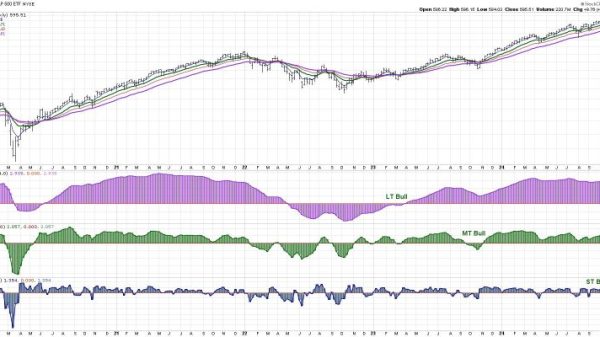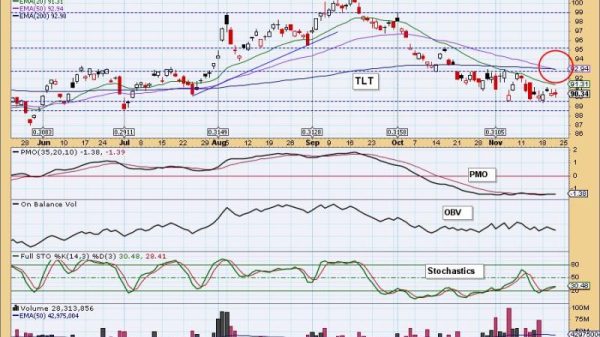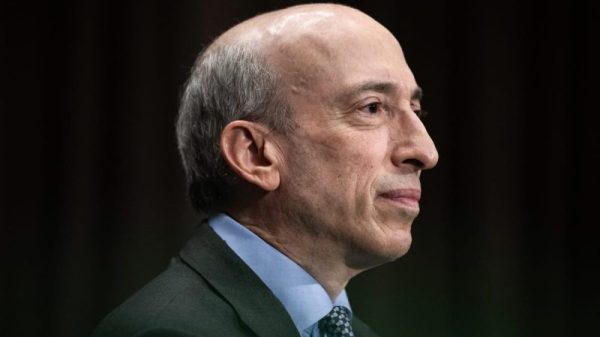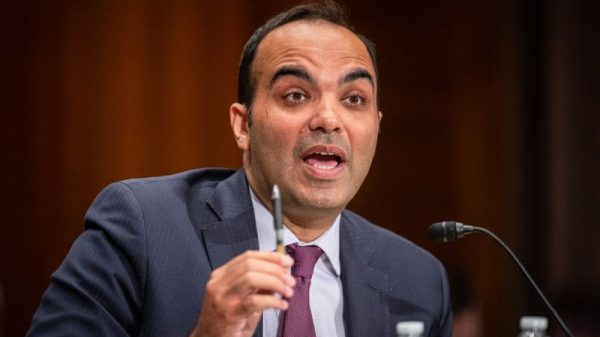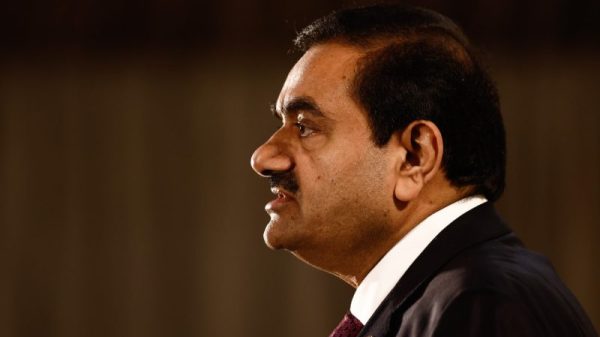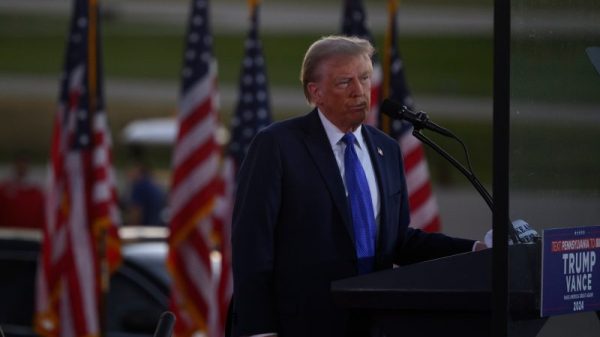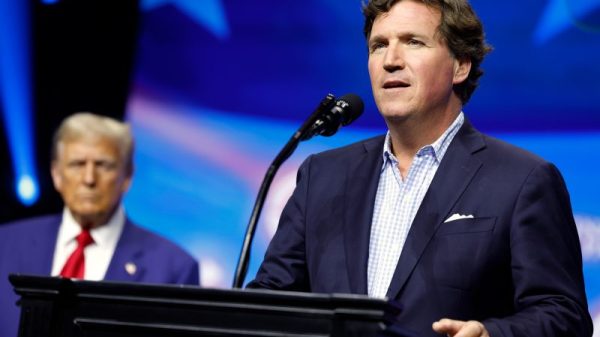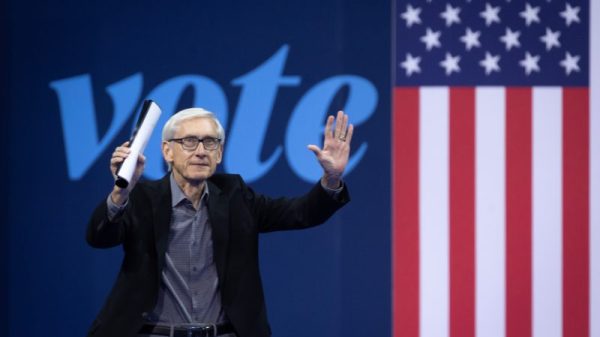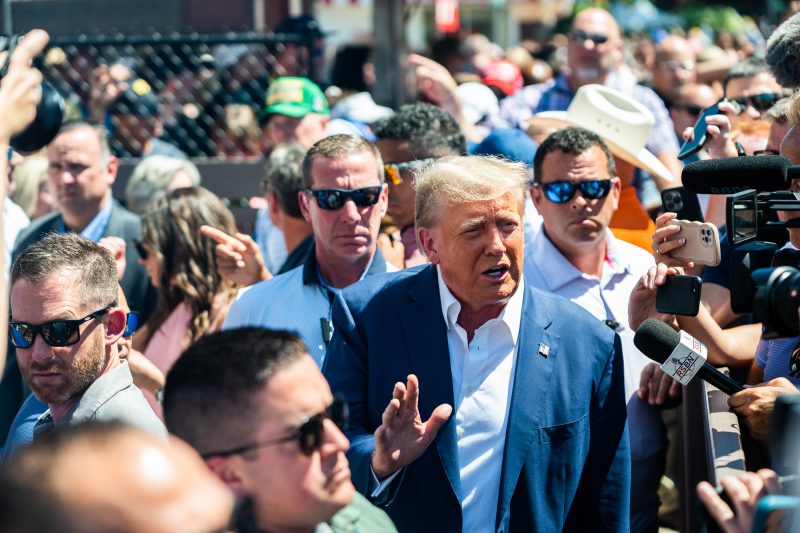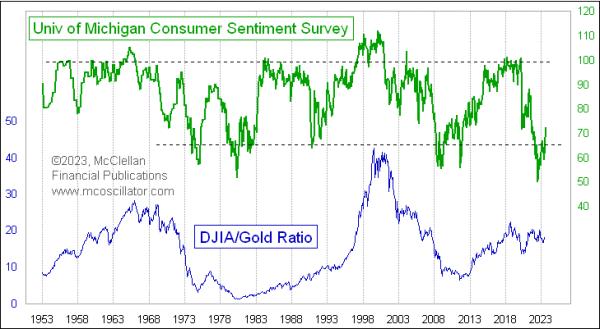The Justice Department pushed back Monday on former president Donald Trump’s claims that he cannot be ready to go to trial in January on charges that he illegally sought to subvert the results of the 2020 election.
A trial in D.C. federal court in April 2026, which Trump’s attorneys requested, “would deny the public its right to a speedy trial,” attorneys working for special counsel Jack Smith wrote in Monday’s filing. In arguing for its preferred Jan. 2, 2024, date, the office said they do not intend to use classified information against Trump in this case.
U.S. District Judge Tanya S. Chutkan is expected to set a trial date at a hearing Aug. 28. If prosecutors get their way, Trump will face two federal criminal trials before the 2024 presidential race, in which he is the leading Republican contender.
In arguing for more time, Trump also made misleading comparisons to trials that were delayed by the coronavirus pandemic, superseding indictments adding defendants, and disputes over incarceration, the government said.
Trump’s legal team argued in a court filing last week that it needs years to prepare for the “unprecedented case” and that the January date proposed by the government would create conflicts with the five other criminal and civil trials Trump faces in the next nine months. They told the court that the 11.5 million pages of material already handed over by the special counsel took over two days to download and if printed out would be eight times taller than the Washington Monument. To read it all before the government’s proposed jury selection date of Dec. 11 would be like reading “Tolstoy’s War and Peace, cover to cover, 78 times a day, every day,” they said.
History of investigations involving Donald Trump
1/7
End of carousel
Smith’s office called those comparisons “neither helpful nor insightful,” because attorneys don’t read evidence cover to cover — they review it online using electronic keyword searches. Much of what was shared with Trump is already in the public domain, the special counsel said, including social media posts, transcripts of interviews with the House committee that investigated the Jan. 6 attack, and court records from legal challenges to the election results. Other documents came from the National Archives, meaning they were already known to Trump. There are also duplicates of documents within the production, the Justice Department said, and likely irrelevant papers handed over “in an abundance of caution and transparency.”
Smith’s office said it took pains to separate that extraneous documentation from the “most pertinent” evidence “in an exceptionally organized, clear, and user-friendly fashion.” The prosecutors said they were also prepared to identify the individual exhibits they plan to introduce at trial well in advance of trial if ordered to do so by Chutkan.
Although the Justice Department has said there is a small amount of classified material in its investigation, it is not expected to come up in the D.C. case against Trump.
The same special counsel’s office is prosecuting Trump in Florida federal court for allegedly mishandling classified information. The prosecutors said any conflicts with that trial, set for May, or Trump’s other legal proceedings can be worked out on a case-by-case basis. For example, prosecutors had proposed jury selection in D.C. to start Dec. 11 but now suggest pushing it to later that week because of a hearing in Florida.







